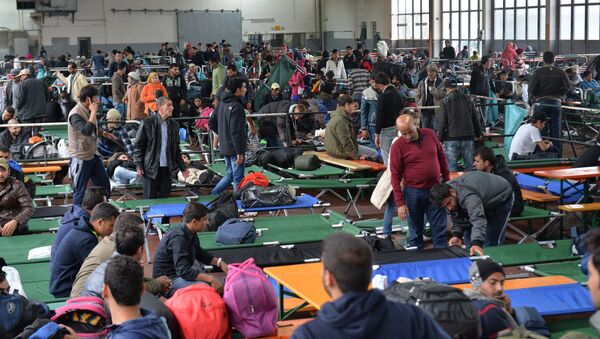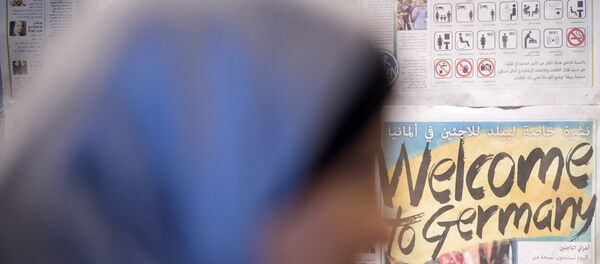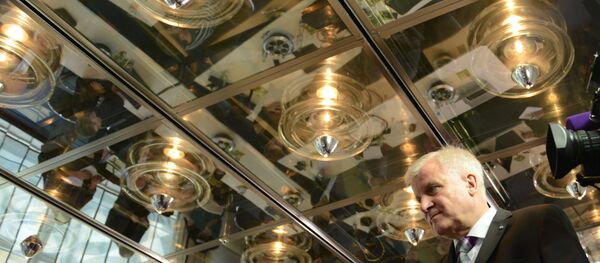According to the politician, the closure of the border would lead to numerous disruptions as well as increasing tensions in Europe, especially in the Western Balkans.
Merkel referred to the negative experience with the Hungarian fence, which has already fueled tensions in Europe, and said that the creation of such a fence on the German border is out of question.
"There will be disruptions," Merkel said on Monday during a CDU meeting in Darmstadt, adding that she wants to prevent negative developments in the future.
Due to the high influx of refugees on the Balkan route, there had been considerable tensions between Balkan countries. Should Germany close the border to refugees, other countries would do the same, experts warned. Moreover, in case of the construction of a fence on the Austrian-German border, refugees would try to reach Germany through other countries anyway.
I'm pretty sure that one can manage it," Merkel stated, adding that Germany as a large EU country has to act step by step to find a different, solidary solution of the refugee crisis in Europe.
Coalition Split
Merkel is facing the split in her coalition government over the setting up of transit zones at Germany's borders to act as reception centres where asylum seekers can be processed to separate those who are genuine refugees and those who are economic migrants who can be turned away.
Gabriel has dismissed the idea of setting up transit zones on German borders, while Seehofer is threatening "consequences" if Merkel does not take serious action over the crisis and agrees to put a cap on the number of refugees Germany is prepared to take in.
She failed to win Gabriel's support for transit camps over the weekend and talks with Seehofer also failed to bring results, plunging her coalition into crisis and leaving her increasingly marginalized.
Merkel told members of her CDU party she was worried that closed borders would lead to chaos and a possible breakdown of the peace that the whole European dream was intended to maintain.
"Because I do not want [us to go] there again… military conflicts.
"We're experiencing something we've never experienced before, that conflicts that appear to be far away, suddenly are here on our doorstep," Merkel said.
She is due to resume talks with Gabriel and Seehofer Thursday.




